& how many can you eat per day?
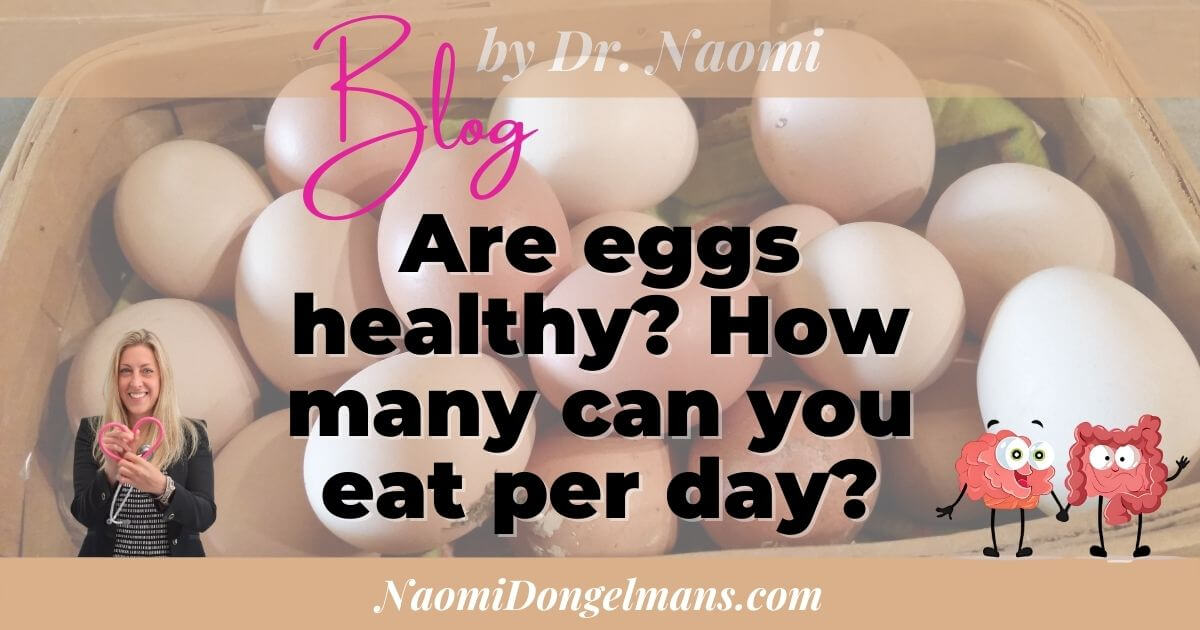
During Easter, we in the Netherlands consume about 35 million eggs. Worldwide, it is 1,5 billion! This number doesn’t include eggs used in traditional dishes like paasbrood, advocaat, and paaskoeken. But how many eggs can you eat per day without compromising health? Also, does it matter if you prefer hard or soft-boiled eggs?
From exotic animal to food source
The first chickens arrived in Europe around 1000 BC via trade routes from Southeast Asia, but not initially as a food source! Archaeological remains show no signs of slaughter, indicating that they were valued more for their exotic appeal. It wasn’t until about 700 years later with the expansion of the Roman Empire that eggs and chickens became accepted food sources.
Today, the Netherlands has over 100 million chickens, and we consume about 200 eggs per person annually. This shift in our relationship with chickens is quite significant.
Nutritional value of eggs
Eggs are now essential in our diets. They are incredibly versatile and rich in valuable nutrients. Let’s examine the nutritional value of an average egg (55 grams):
- Energy: 79 kcal
- Protein: 6,9 grams
- Fat: 5,2 grams (1,5 grams saturated)
- Carbohydrates: 0,4 grams
- Cholesterol: 200 mg
The egg yolk has a higher protein content per gram compared to the egg white. While most of the egg's protein is found in the egg white, the yolk is rich in healthy fats and essential nutrients, which contribute to its status as a nutritional powerhouse.
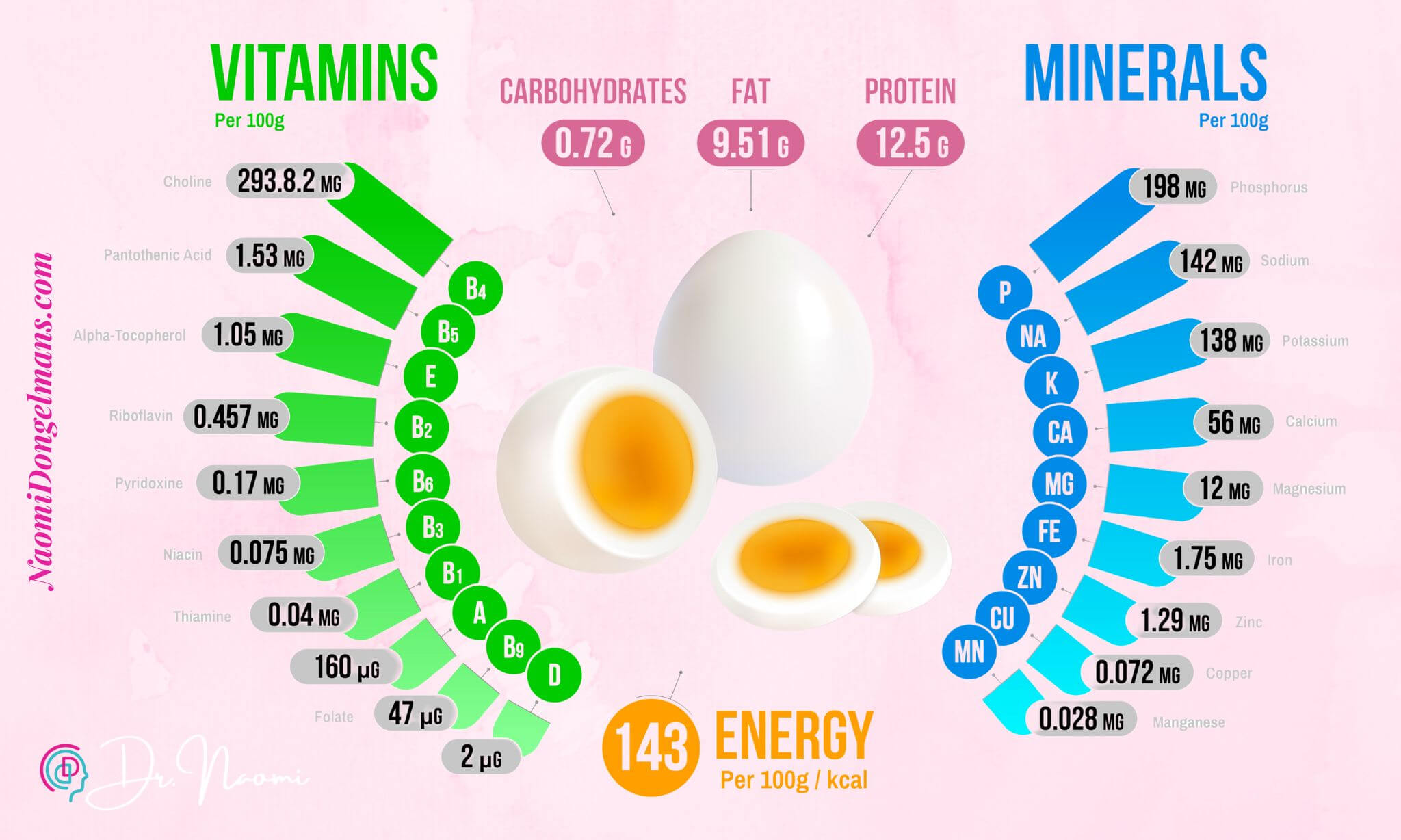
Ten valuable nutrients in eggs
- High-quality proteins: Eggs provide essential amino acids for muscle and bone health.
- Vitamin A: Supports skin health and vision.
- Vitamin D: Helps with calcium absorption and bone growth.
- Vitamin E: Acts as an antioxidant, protecting cells.
- Vitamin K: Necessary for blood clotting.
- B-vitamins: Aid in energy production and cognitive function.
- Choline: Supports liver function.
- Iron: Important for energy levels.
- Zinc: Essential for immune health.
- Omega-3 fatty acids: Beneficial for heart and brain health.
Eggs & cholesterol: not necessarily bad
For a long time, cholesterol in eggs was thought to contribute to heart disease. However, research has long demonstrated that cholesterol is essential for hormone production and cellular health, debunking the myth that eggs are harmful to heart health. Despite this, the misconception persists in the minds of many people.
Research also shows that eating eggs may increase LDL (the "bad" cholesterol), but it also raises HDL (the "good" cholesterol), thus positively impacting health. Therefore, there’s less concern for healthy individuals regarding egg consumption.
How many eggs per day?
Hard-boiled or soft-boiled: what’s healthier?

Conclusion
Despite historical debates about their health implications, recent research shows that eggs are a nutritious food choice. Healthy individuals can enjoy eggs as part of a balanced diet and reap their numerous health benefits.
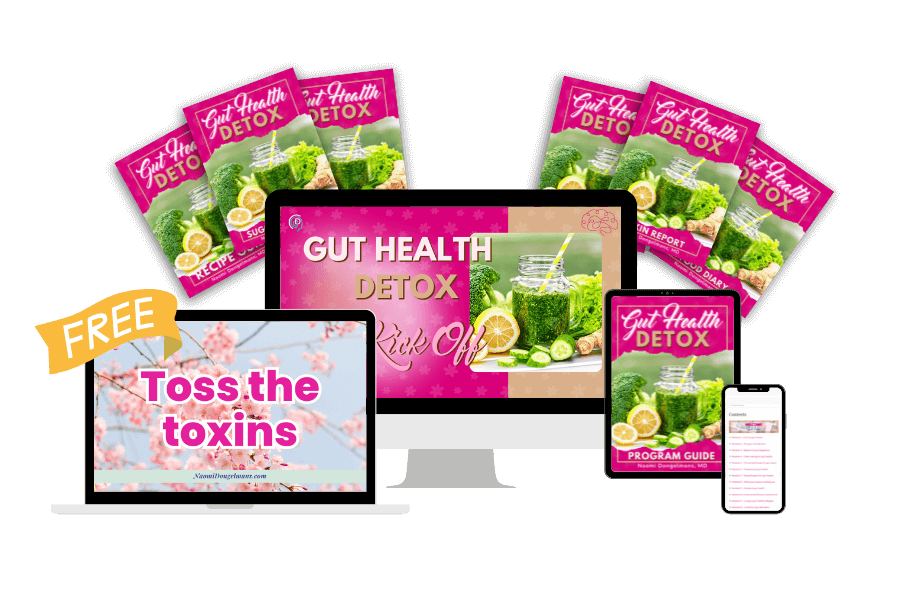
Ready to revitalise your health?
As we celebrate Easter and enjoy the incredible nutritional benefits of eggs, it's the perfect time to reflect on your overall well-being. Why not join my Spring Detox program starting May 1st? This program is designed to help reset your body after the indulgences of the holiday and eliminate any potential food sensitivities, including those related to eggs.
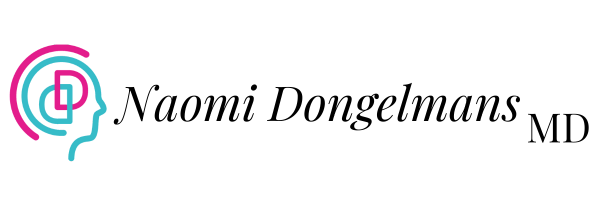




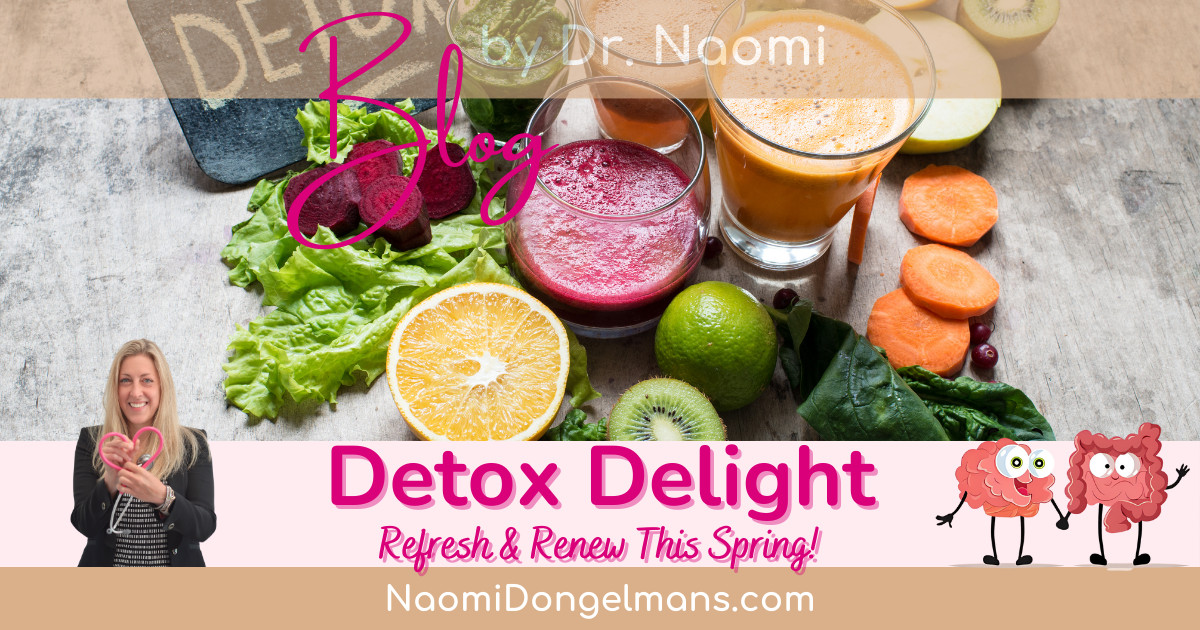


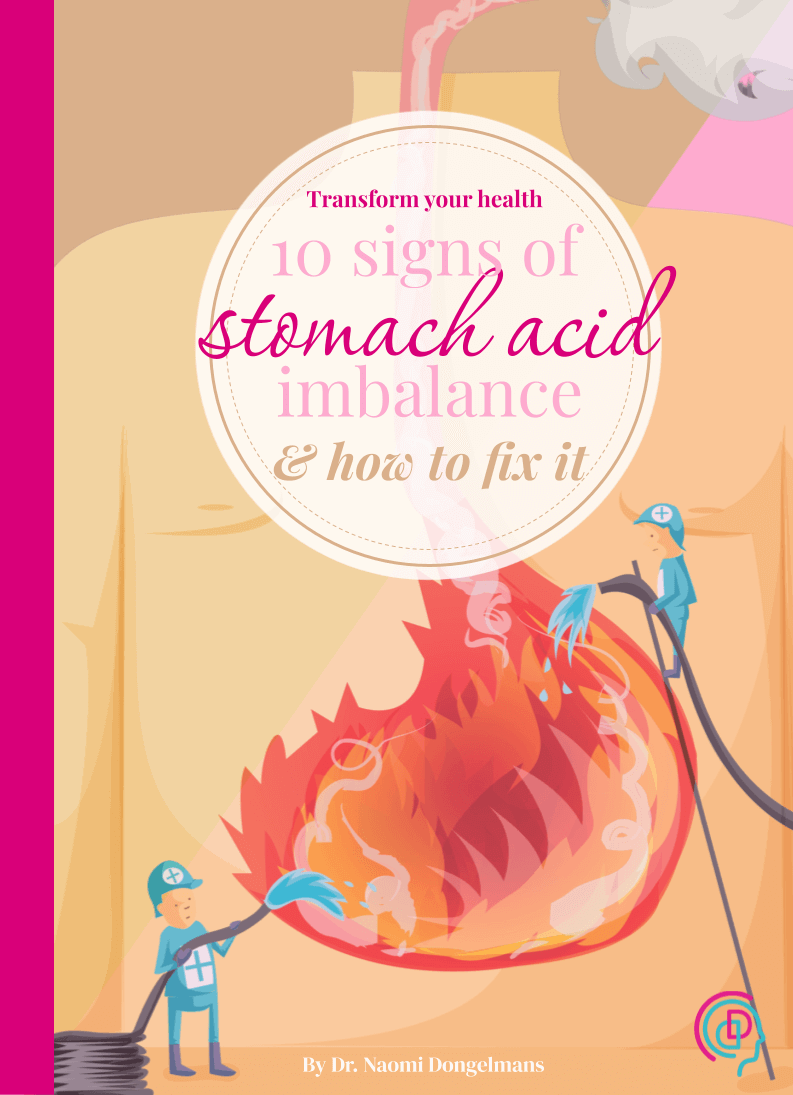




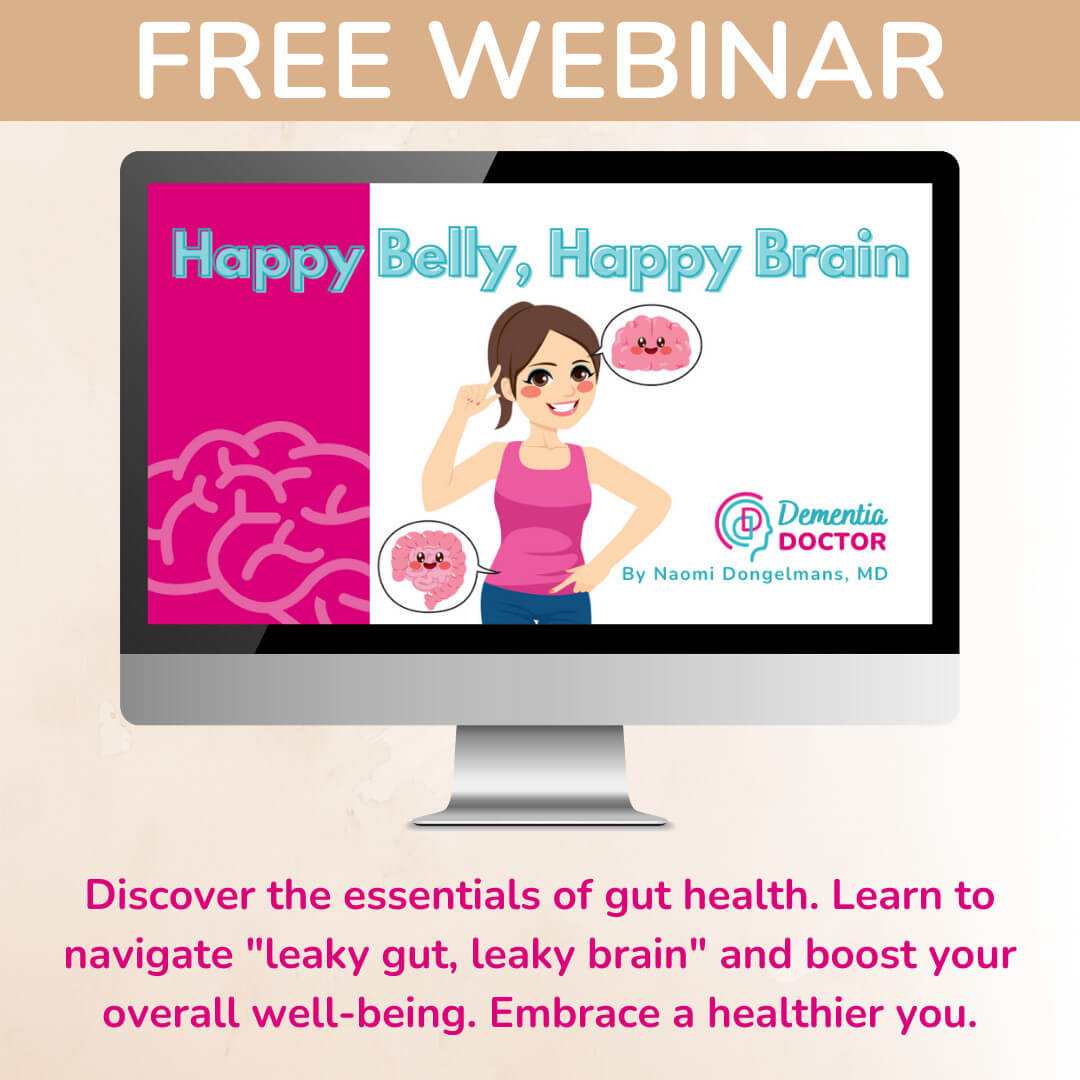







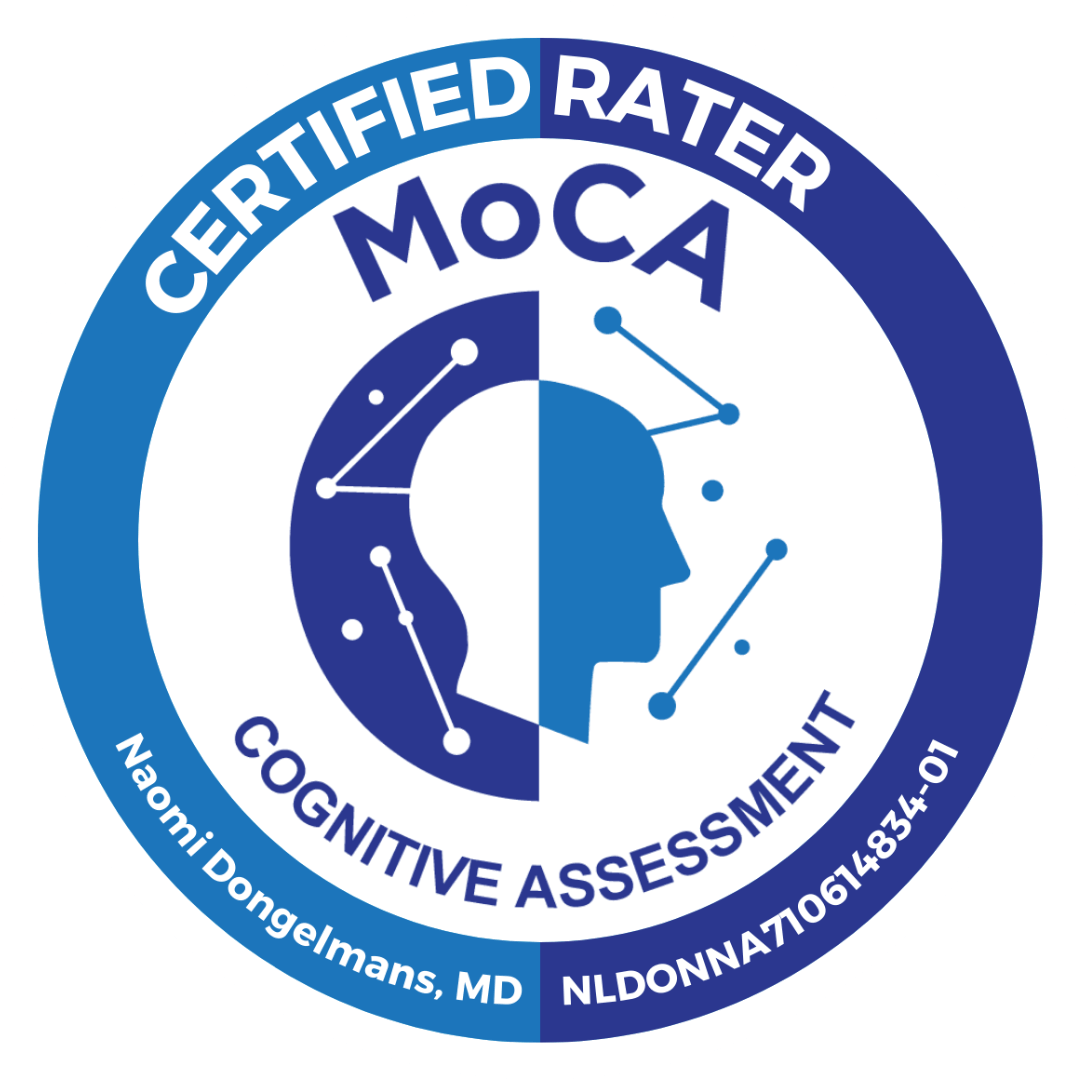





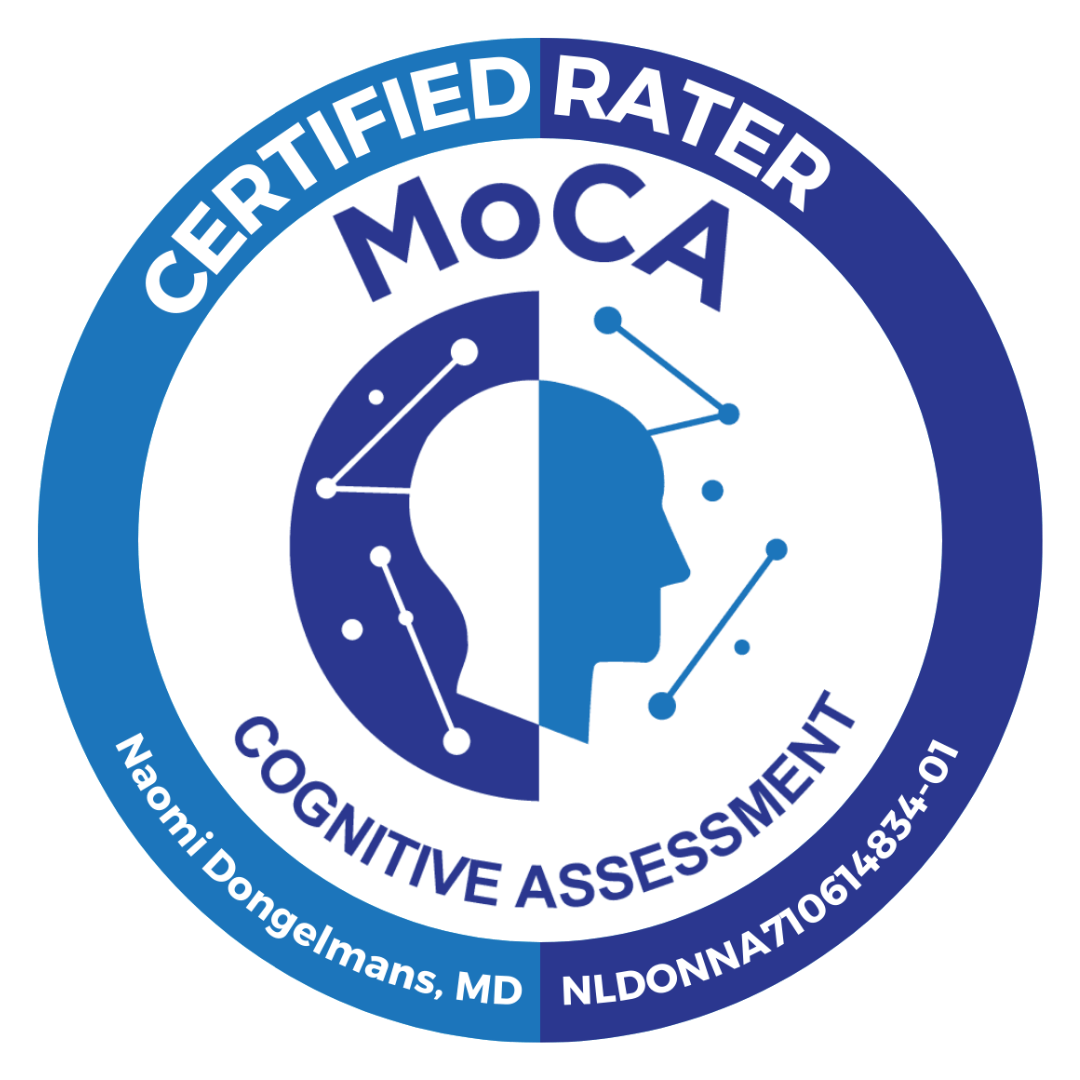

0 Comments